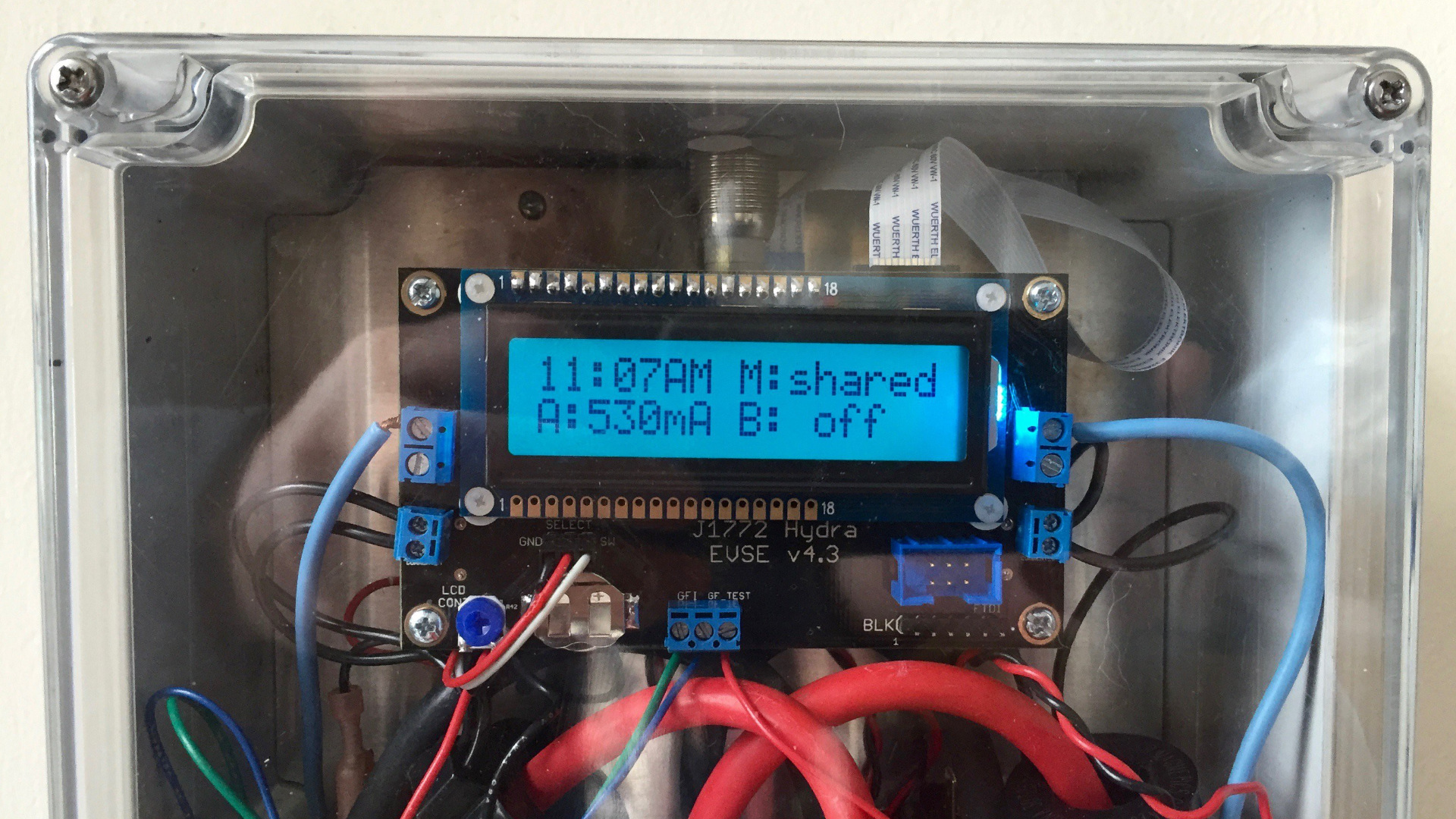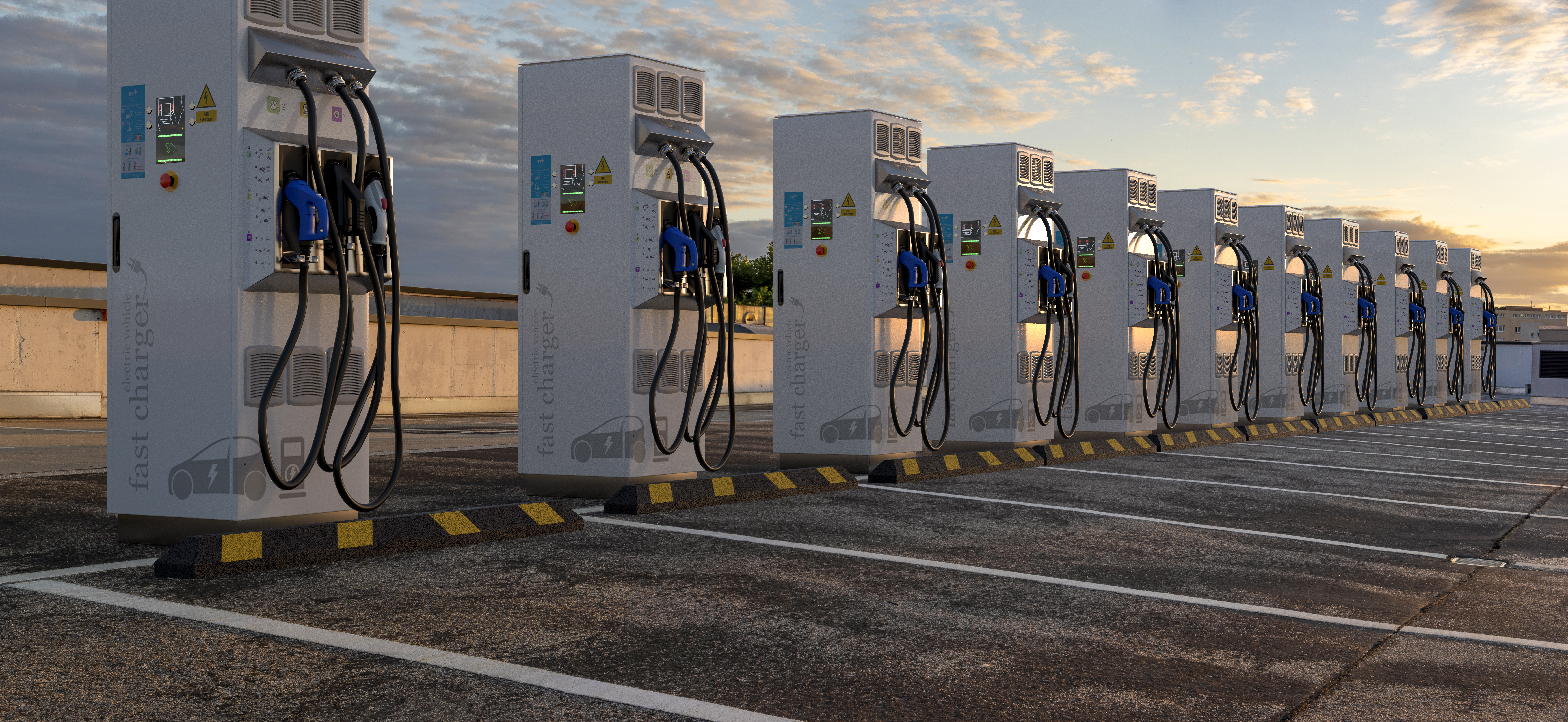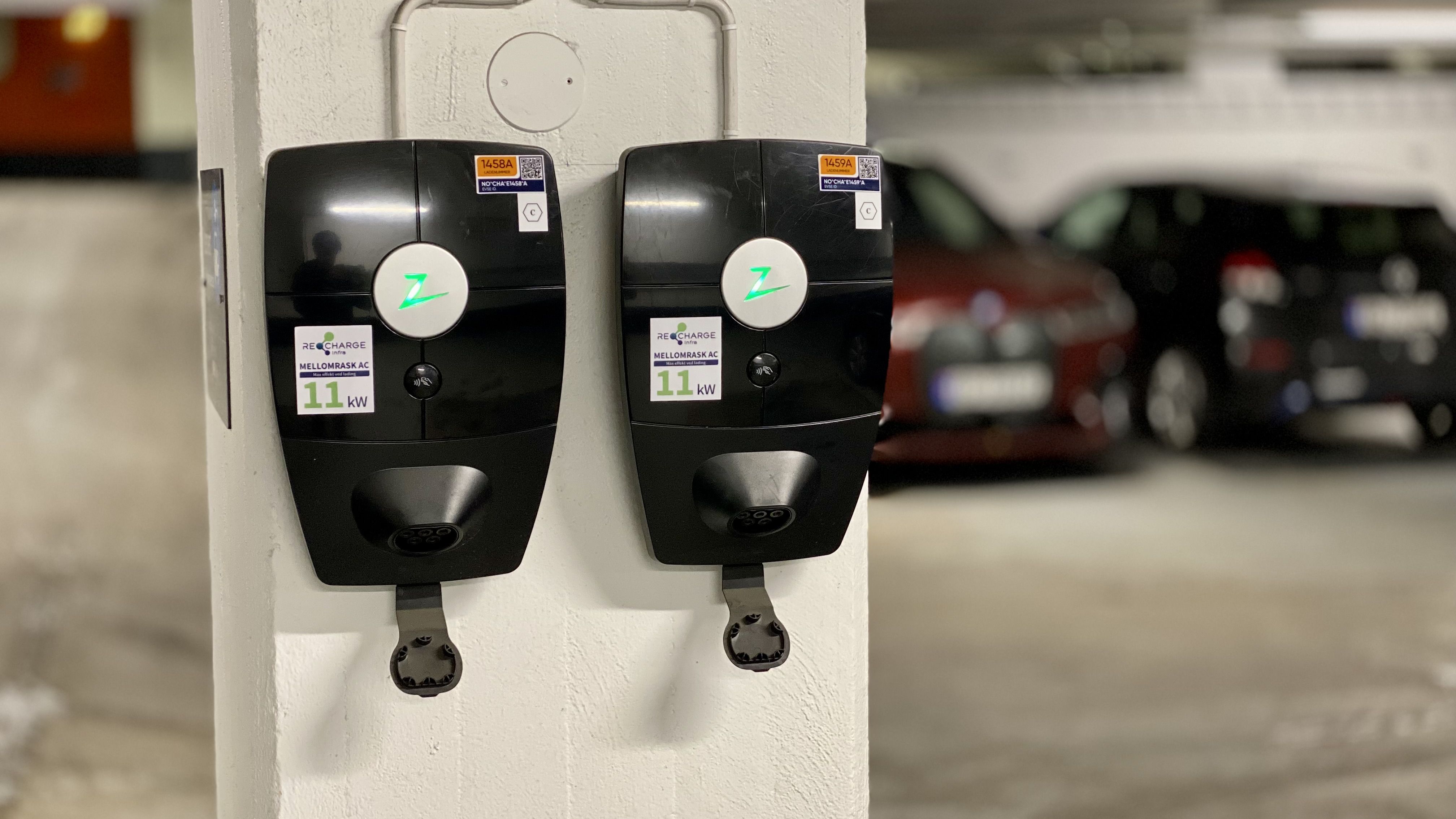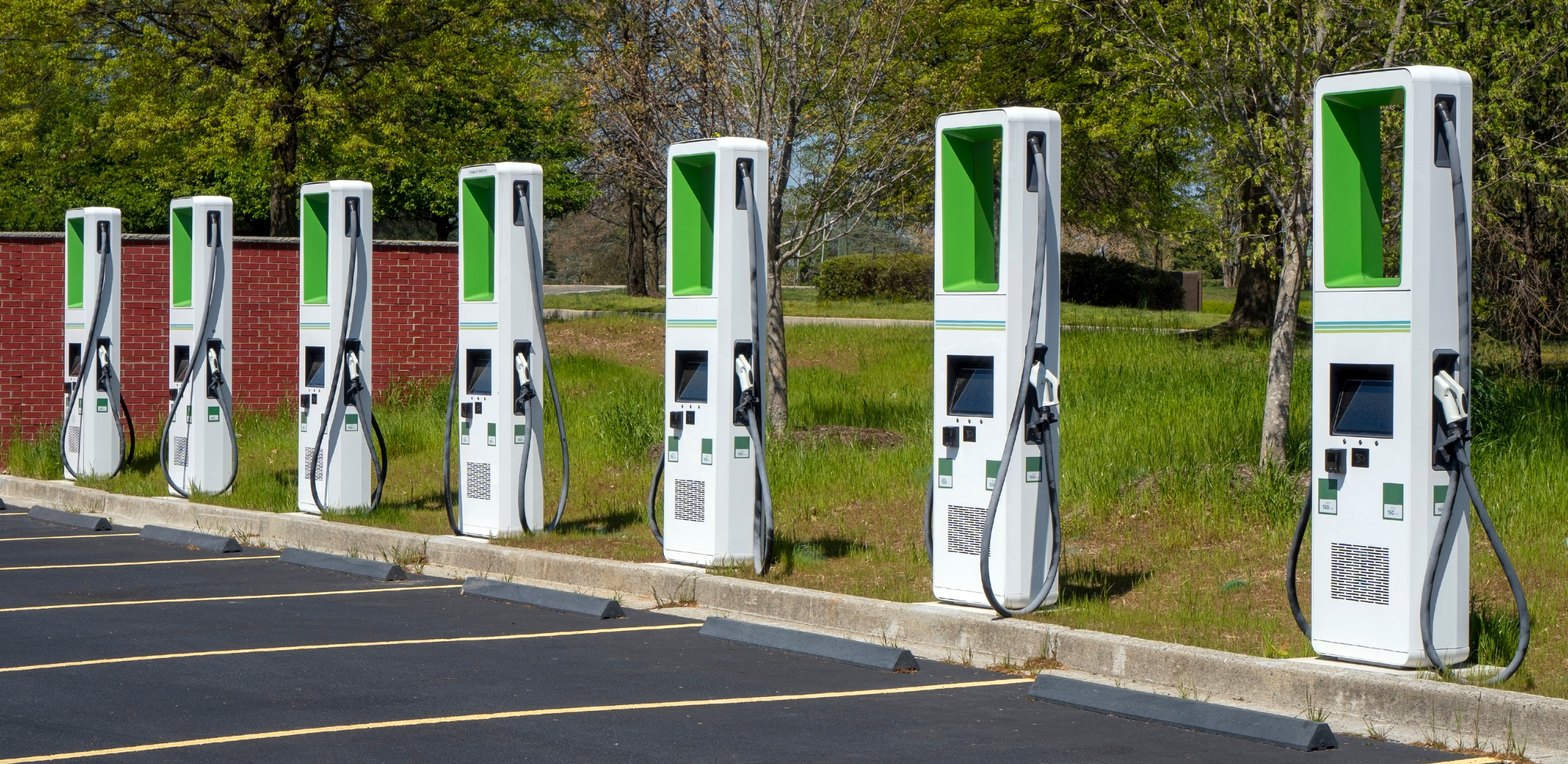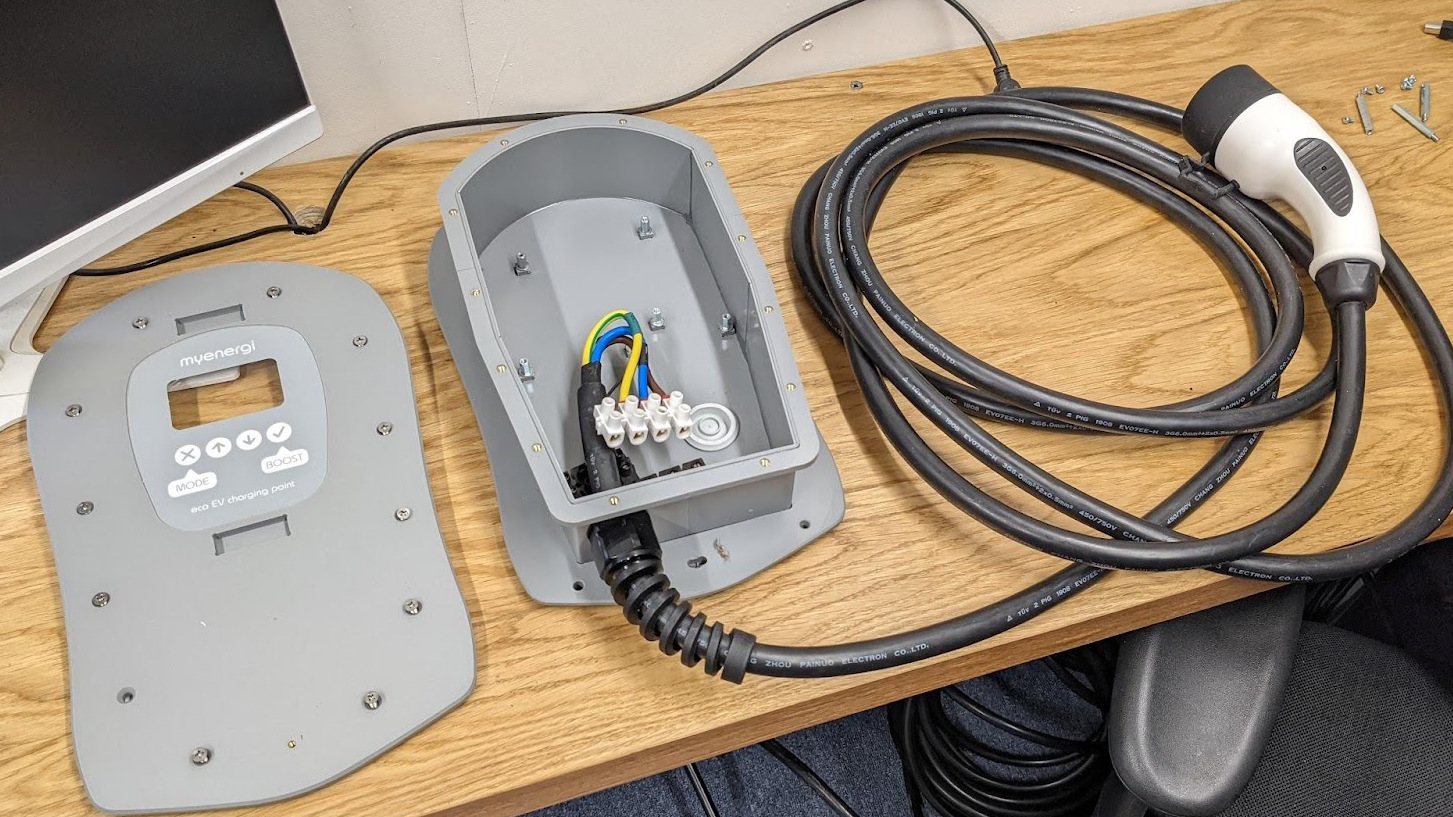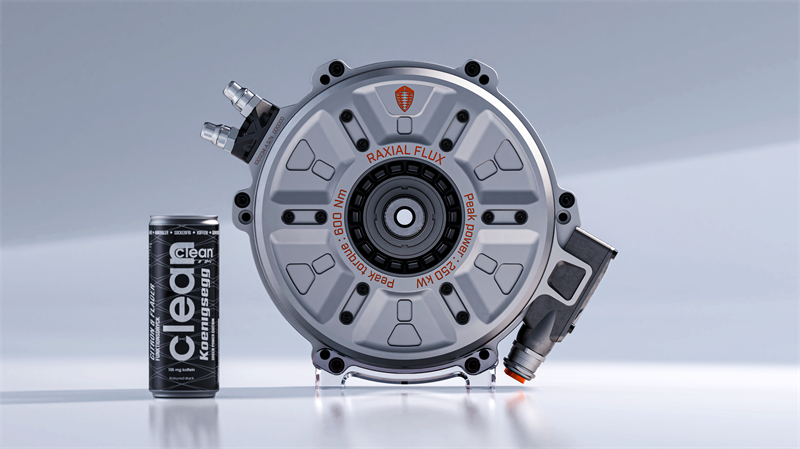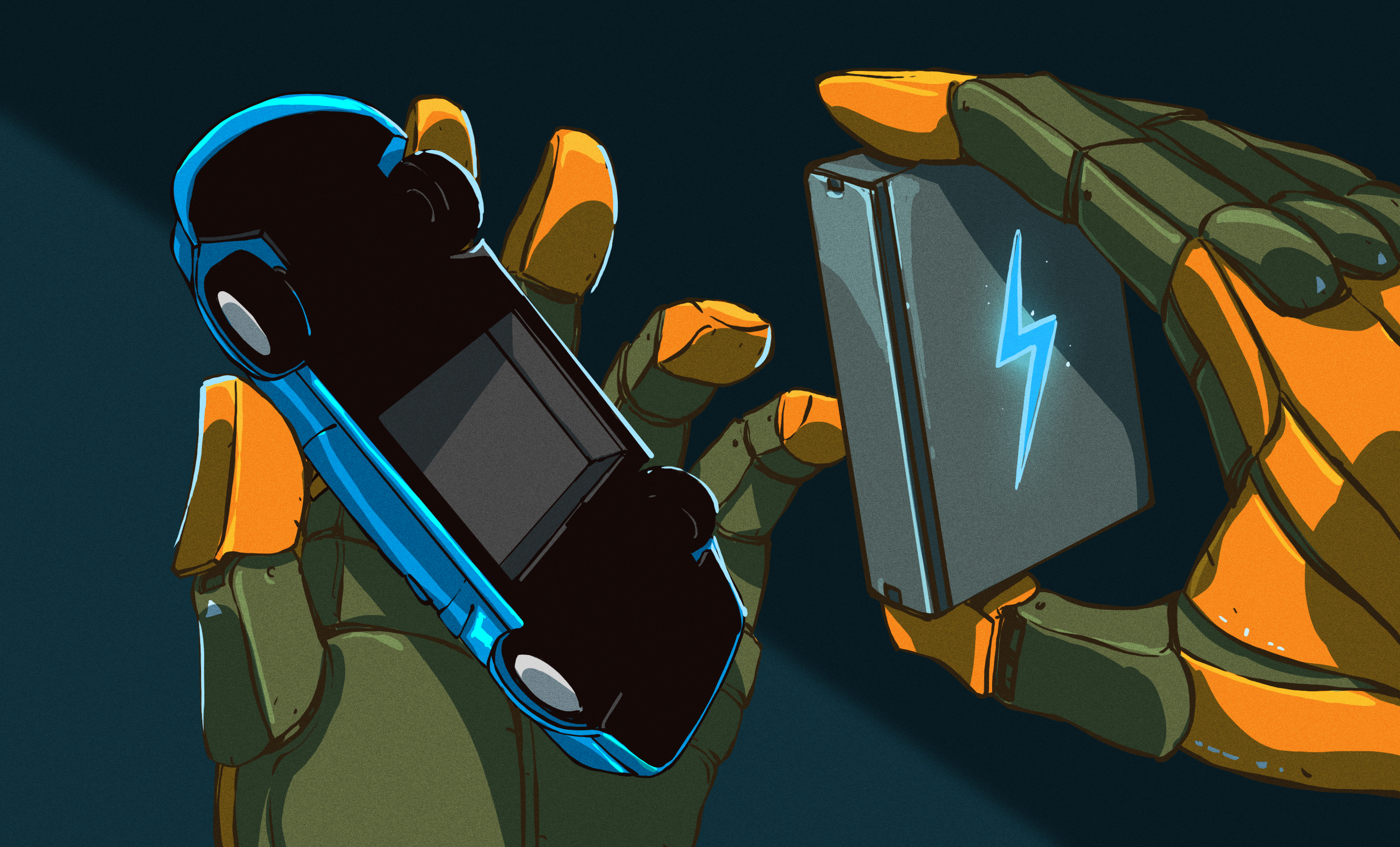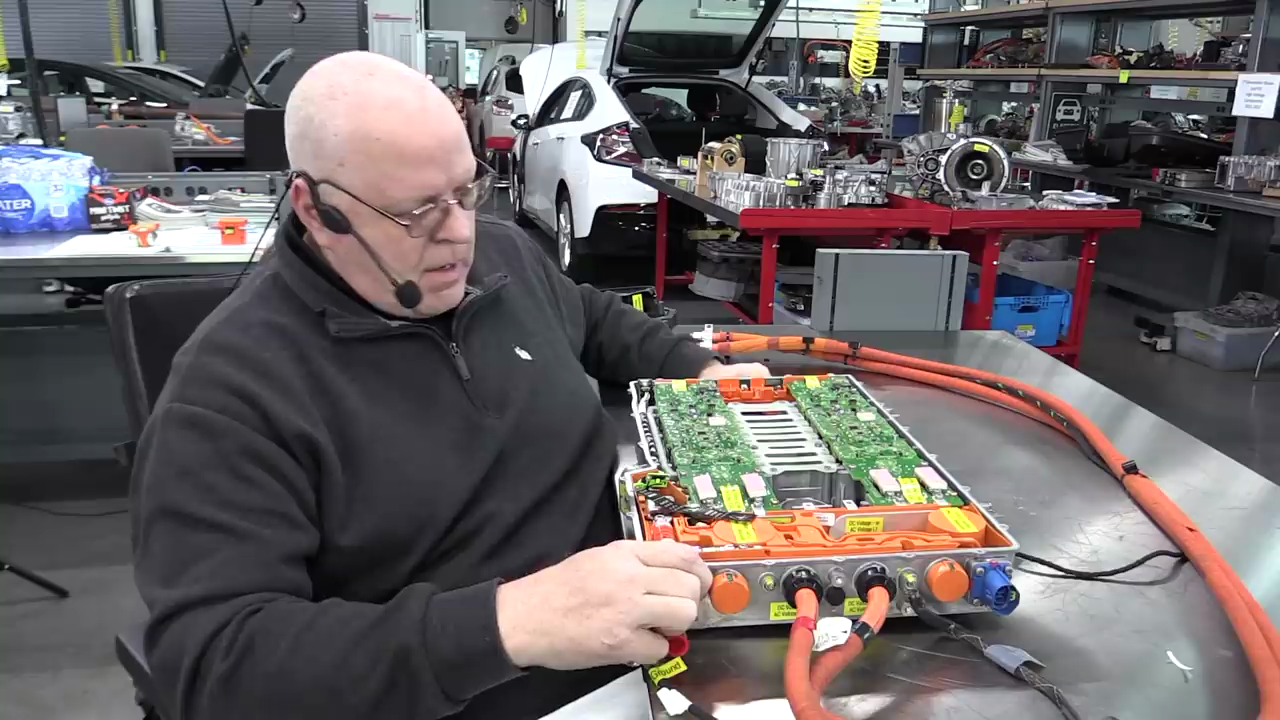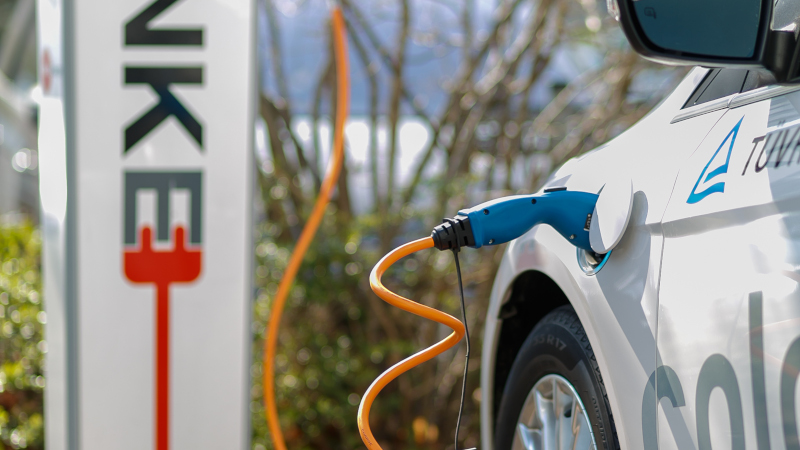#electricvehicle
“As those #batteries #corrode, #fires #start. That’s a new challenge that our firefighters haven’t faced before.”
Firefighters in #Florida are dealing with a new challenge in the wake of #HurricaneIan—waterlogged #ElectricVehicle batteries erupting in flames. https://www.theepochtimes.com/floridas-top-fire-marshal-warns-tons-of-waterlogged-electric-vehicles-catching-on-fire-after-hurricane-ian_4781135.html?utm_medium=Social&utm_source=minds
Florida's Top Fire Marshal Warns 'Tons' of Waterlogged #Electric #Vehicles Catching #Fire After Hurricane Ian
3 Likes
One person like that
One person like that
The State of Play In Solid State Batteries
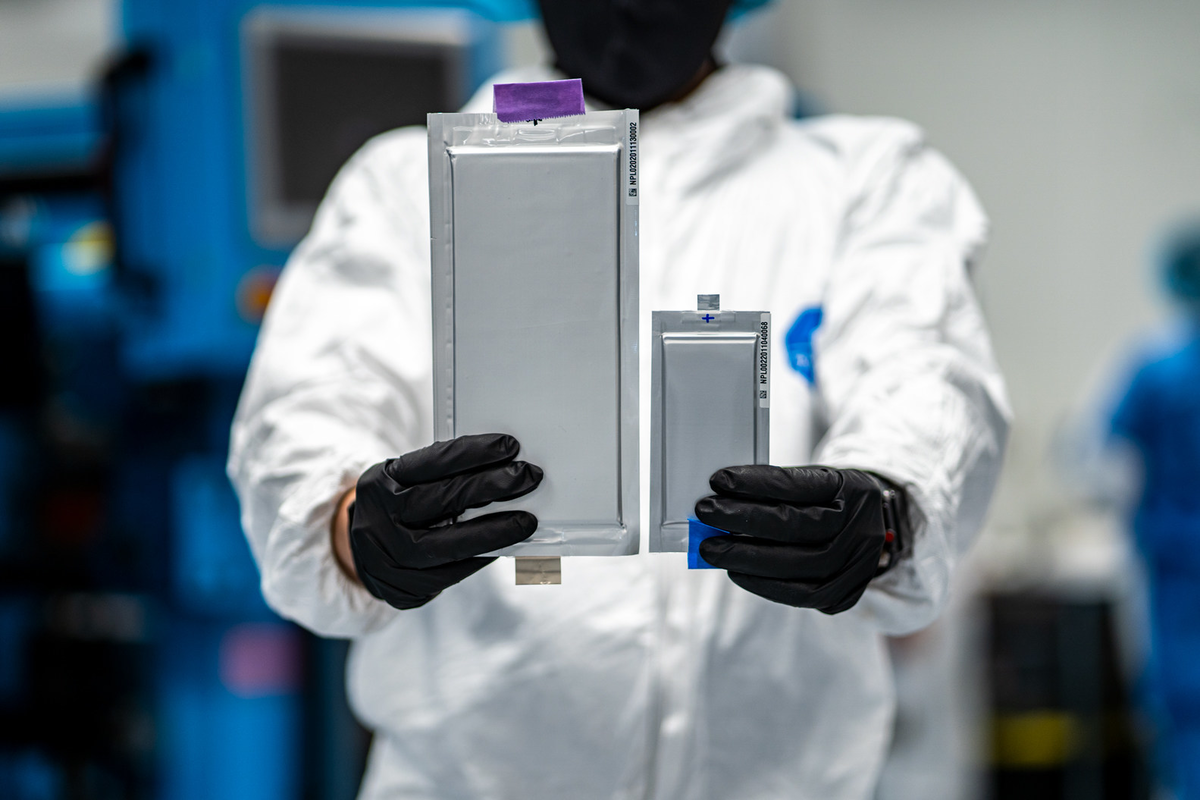
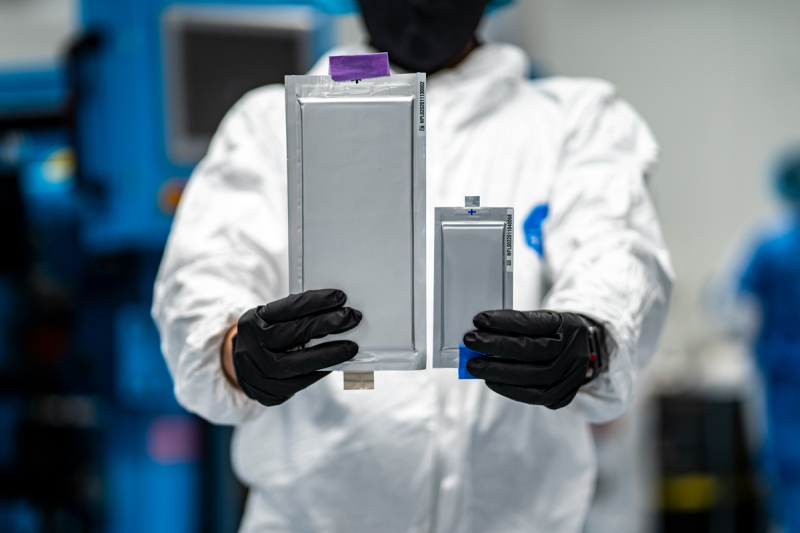
Electric vehicles are slowly but surely snatching market share from their combustion-engined forbearers. However, range and charging speed remain major sticking points for customers, and are a prime selling point for any modern EV. Battery technology is front and center when it comes to improving these numbers.
Solid-state batteries could mark a step-change in performance in these areas, and the race to get them to market is starting to heat up. Let's take a look at the current state of play.
Why Go Solid State?
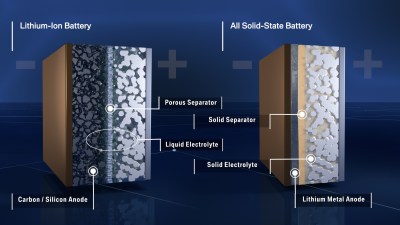 The hope is that solid-state batteries could pack in higher energy densities by making it practical to use a lithium metal anode design. Credit: BMW, press site
The hope is that solid-state batteries could pack in higher energy densities by making it practical to use a lithium metal anode design. Credit: BMW, press site
Currently, lithium-ion or lithium-polymer batteries are used in the vast majority of EVs. They have higher power density and lower weight than other practical, commercialized battery technologies, making them ideal for vehicle use. However, they also have some drawbacks. They're still heavier than we'd like for their given capacity, they take too long to recharge, and they have a nasty habit of catching on fire in a rather ferocious manner.
Solid-state batteries could change all this. They're called "solid state" because the liquid electrolyte is replaced with a solid-state material. Solid electrolytes would be far less flammable than liquid materials used presently, and thus far less sensitive to heat, too. This could allow for greater current draw as well as faster charging, as the battery would not have to be kept in as narrow a temperature range for safety reasons.
Additionally, the solid electrolyte may allow use of different anode materials that would provide greater energy density. In particular, scientists have long wished to use lithium metal directly as an anode material in batteries. However, in current liquid electrolyte batteries, the lithium metal anode forms dendrites that short out the battery, destroying it in the process. It's believed that a solid electrolyte would prevent this growth, and could provide up to two and a half times the energy density of existing lithium batteries.
Challenges
Solid-state battery technology has not matured to the point of mainstream use just yet. Some solid-state batteries have been arriving on the market, but they're several orders of magnitude too small for use in electric vehicles.
Challenges remain around conductivity, particularly at lower temperatures, as well as issues of high resistance between the solid materials that make up the cathode, anode, and solid electrolyte. Many solid state battery designs require the solid electrolyte to be under great pressure to maintain good conductivity, which introduces mechanical issues around stress and fragility.
Additionally, there simply isn't any infrastructure to produce solid-state batteries en masse. Automotive manufacturers have been rushing to build new battery plants to support EV manufacturing. However, the vast majority are to make up a perceived shortfall in producing current battery designs. It's likely plants would have to be significantly retooled to produce solid-state batteries, which have very different internal designs.
Contenders
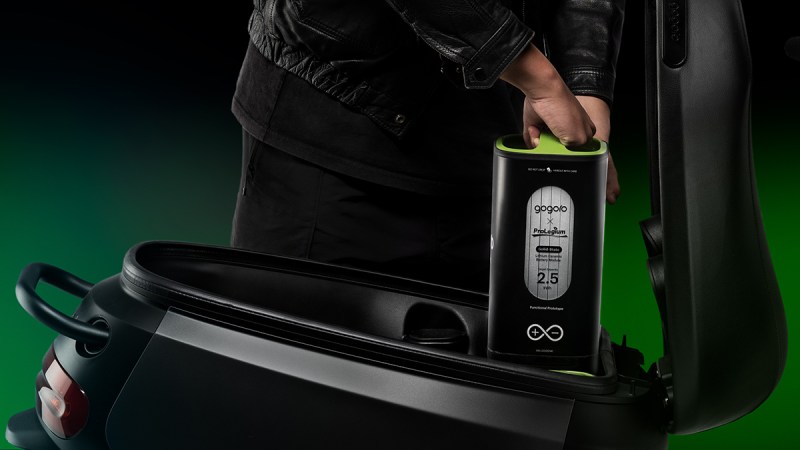 Electric scooter manufacturer Gogoro unveiled a prototype solid-state battery earlier this year. The "lithium ceramic battery module" came with a 40% boost in capacity over the company's existing cells. Credit: Gogoro, press site
Electric scooter manufacturer Gogoro unveiled a prototype solid-state battery earlier this year. The "lithium ceramic battery module" came with a 40% boost in capacity over the company's existing cells. Credit: Gogoro, press site
Regardless, the tipping point at which solid-state batteries become viable commercially is nearly upon us. Several companies are investing big money in this space. Each hopes to be the first to get a competitive advantage over its rivals by having the best battery tech available.
On the small scale, we already saw last year that component manufacturer Murata had developed 25 mAh solid-state batteries last year. These are awesome to mount on a PCB, but won't really help you drive anywhere. Stepping up a little, but still on the smaller scale, is the effort from Hitachi Zosen. The company has produced a high-performance solid-state battery of 1000 mAh capacity, however, the technology is not yet commercialized.
Electric scooter company Gogoro has cornered the Taiwanese market in electric mopeds. Their vehicles feature a handy swappable battery system, with battery-swap stations dotted around the country to keep riders on the move. Now, the company has unveiled a new solid-state battery prototype, compatible with their existing battery form factor. This means the new battery can drop into all their existing vehicles on the road. The new battery ups capacity to 2.5 kWh, up from 1.7 kWh. It's a full 40% increase in energy density, boosting the range of any vehicle that can run on a Gogoro battery pack. However, the pack remains a demo article at this stage, and the company hasn't announced definite plans to roll the batteries out to their network just yet.
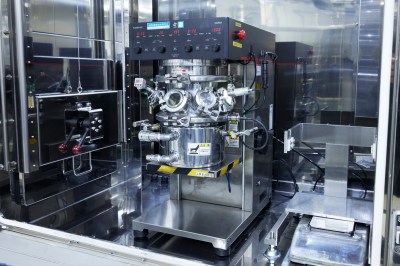 Nissan recently unveiled a prototype production facility for solid-state batteries. Credit: Nissan, press site
Nissan recently unveiled a prototype production facility for solid-state batteries. Credit: Nissan, press site
Meanwhile, titans of the automotive industry are also vying for the lead in this area. Last year, BMW made it clear it would show a solid-state powered tech demonstrator by 2025, while it hopes to go into production closer to 2030.
Nissan has gone further, revealing a prototype factory for solid-state batteries in partnership with NASA. The Japanese automaker claims that its solid-state cars could be charged up to three times faster than current models, while offering twice as much range. The company hopes to have a pilot production line running by 2024, in preparation to sell solid-state EVs to the public in 2028. The company also noted that solid-sate tech would produce a pack "about half the size of the current battery" and that it could "fully charge in 15 minutes instead of a few hours."
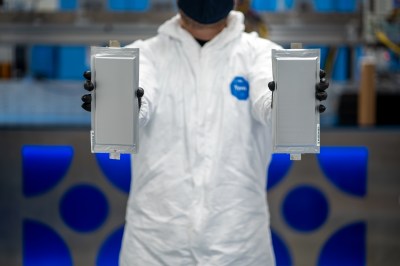 BMW has managed to produce prototype solid-state batteries up to 20 Ah capacity in partnership with Solid Power. The plan is to test 100 Ah batteries in 2022. Credit BMW, press site
BMW has managed to produce prototype solid-state batteries up to 20 Ah capacity in partnership with Solid Power. The plan is to test 100 Ah batteries in 2022. Credit BMW, press site
Toyota has also invested big, and is working hard with Panasonic to be at the head of the pack. The company claimed earlier this year that it would have a hybrid vehicle on sale with solid-state batteries as soon as 2025. Given the high cost of developing and producing the new batteries, this counterintuitive move makes some sense. Hybrid cars use smaller batteries than EVs, and thus the solid-state tech won't inflate the price of a hybrid as much, keeping it market-suitable.
When it comes to the automotive market, though, solid-state batteries are fundamentally too important a technology to ignore. Everyone from Volkswagen to Rivian is taking a look, though most of the other players aren't showing their hands just yet.
Overall, solid-state battery technology promises to be a gamechanger. All that's required is for scientists and engineers to solve a few issues around reliability, manufacturability, and cost. If those hurdles can be overcome, the new batteries should blow lithium cells out of the water, and quickly take the market by storm.
Banner image: Solid Power's production 20 Ah battery versus 2 Ah first version.
#carhacks #chemistryhacks #currentevents #featured #interest #battery #electricvehicle #ev #murata #nissan #panasonic #solidstate #solidstatebattery #tesla #toyota
1 Shares
3 Likes
1 Shares
2 Likes
1 Comments
One person like that

